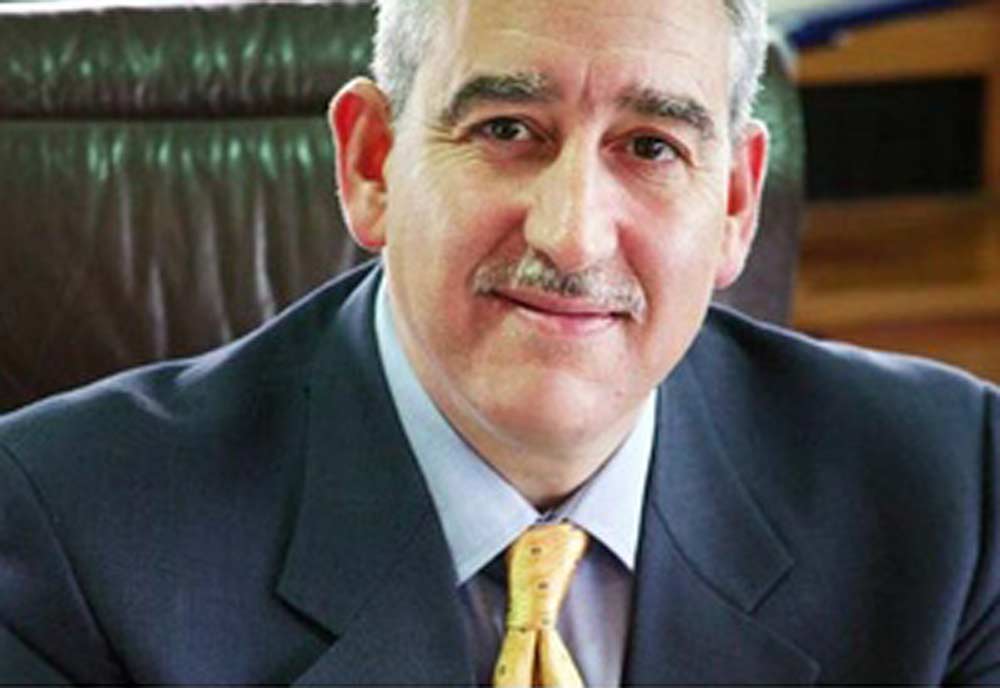Gulf Air's CEO, brought in to restructure the airline's operations in 2009, has resigned, the struggling Bahrain-based carrier has said.
In comments published by Bahrain News Agency, the airline's board said it had accepted the resignation of Samer Majali, submitted earlier this year following the appointment of new directors in mid-November.
Majali will remain in his job until the end of 2012, the board said without saying who would replace Majali or giving reasons for his resignation.

| Advertisement |
The board thanked Majali for his "contribution to Gulf Air and the strong leadership he has shown over the last three years".
Bahrain's flag carrier cut its order for Boeing's Dreamliner in November, and revised a deal with Airbus, part of a move to restructure its fleet as it tries to cope with a tough market.
The board said it recognised Majali's successful renegotiations of the airline’s order book has resulted in the reduction of the long-term financial liability of the airline by approximately 50 percent.
In a statement, Majali thanked employees and management "for their support and their hard work towards achieving significant progress during the last three years in a challenging operating environment".
Earlier this month, Gulf Air's board set up a new committee to oversee the airline's restructuring plan. In a statement, the national carrier said the committee would have to make "some tough decisions and choices" in the short term to ensure its long term sustainability.
The board, led by chairman Sheikh Khaled bin Abdulla Al Khalifa, also deputy prime minister, has passed a resolution to form an executive restructuring committee which will also monitor the spending of the funding recently granted by King Hamad bin Isa Al Khalifa.
Last month, Bahrain's king issued a royal decree authorising the government to extend BD185m ($491m) to the carrier.
The company said in January that it planned to shrink operations and seek cash from government funds.
It laid off 200 employees in May last year after bookings fell by a quarter following the Arab Spring uprisings.










 Search our database of more than 2,700 industry companies
Search our database of more than 2,700 industry companies









